Serving Diverse Communities
As a victim of domestic abuse or sexual assault you face very unique challenges. And we understand that certain populations — African American women, Hmong women, Hispanic women, LGBTQ, older women, men, deaf/hard of hearing women, women in rural areas, and those with other disabilities — may face additional challenges because of culture, gender identity, race or sexual orientation. We have several support groups that address the special challenges you may face.
Some of the cultural pressures that can present barriers to leaving or reporting abuse may consist of the following.
African American women
- Black women are reluctant to call the police because they see and may have experienced past racial injustice in the criminal system
- Because black men have been victims of racism, black women, even when they become victims of abuse, sometimes are hesitant to press charges
- Some black women may be perceived in her community as a “snitch” if she decides to call the police or press charges
- Some black women are afraid that the “black community” may be perceived by others as “bad” if she reports the abuse and it becomes public
Hmong women
- Unwilling to share domestic violence with members who aren’t Hmong
- Strict gender roles that define women’s place in the family
- Fear of homicide
- Afraid to undress in front of others
- Uncomfortable with communal living in a shelter
- Economic dependency
- Fear losing their children
Hispanic women
- Fear deportation and separation from children
- Feel they can’t earn enough to support their children
- Their religion doesn’t accept divorce
- Cultural roles of mother and wife place the woman in a more submissive position
Older women
- May be abused or neglected by their partners or caretakers
- Have limited access to transportation or are unable to drive
- May be diagnosed with dementia and are less likely to be believed
- Feel financially dependent and vulnerable
LGBTQ
- Are afraid of being “outed” or of homophobic reactions
- Have difficulty finding support services
- Feel isolated within the community
- Fear loss of job or home, family and/or friends when they are “outed”
- May be denied civil protection orders because of their sexual orientation
- Fear losing their children

Men
- Gender stereotypes make it hard for a male to admit he is being abused or to seek help.
- Men feel they are stronger and more able to defend themselves.
- Men are encouraged not to cry or show emotion.
- Men are traditionally viewed as the breadwinners, responsible for the care of their family.
Deaf/Hard of hearing
- May feel socially isolated
- Feel services for the hearing impaired are not widely available
- Have to rely on others to communicate their story to the advocates
Victims in rural areas
- May have limited phone service
- May have limited transportation options
- May experience long response times for emergency services
- May experience isolation and extended periods alone with an abuser because of extreme weather conditions
- May be part of a farm family, often with one income
- May be an integral part of a family farm business and worried the business will fail if they leave their abuser
Varying disabilities
- People with varying disabilities face additional barriers to seeking help, in particular when they are being abused by a care giver
- 83% of females and 32% of males with developmental disabilities have experienced sexual assault. They may not be able to communicate what has happened to them
- They may rely on others to transport them to necessary services
